Have you ever listened to a TED Talk and been blown away by the speaker’s polished eloquence and flawless delivery? Society lauds such hyperfluency. So if everyday conversations trip you up, leave you struggling for words and earn you pitying glances, you may feel self-conscious and humiliated. This is the reality for most people living with a speech disorder, according to Jonty Claypole, former director of BBC Arts. Claypole has stuttered all his life, but he embraces his impediment. He advocates the power of disfluency and calls for society to broaden its definition of good communication.
“Fluency” and “good communication” are not synonymous.
Britain’s King George VI struggled with a stutter his entire life. His father, King George V, often ridiculed his son’s poor articulation. As a boy, George VI was insular and self-conscious. He hated the limelight and was thankful that, as the second son, he would never inherit the throne. But when his elder brother, Edward VIII, abdicated just 11 months into his reign, George VI succeeded him. The new king tried in vain to hide his stutter. He undertook grueling speech therapy to improve his delivery, and speechwriters scripted awkward addresses that he could easily enunciate. With much effort, George VI delivered a stilted coronation speech. Then Britain declared war on Germany, and the king had to give several high-stakes speeches to rally the troops and the general populace. Those speeches make for uncomfortable listening.
But why was it necessary to hide the king’s speech impediment? Society believed a stutter was a sign of a weak leader. Stuttering has a bad reputation. Many see it as a sign of a physiological or psychological dysfunction, or as the scar of a harrowing childhood. Stutterers often garner pity...
Jonty Claypole, a former director of BBC Arts, is the chairman of HOME, a Manchester-based arts center. The Bookseller listed Claypole among its top 100 most influential people in 2020.










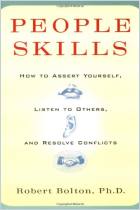
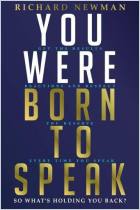
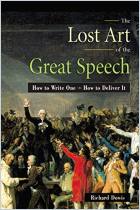
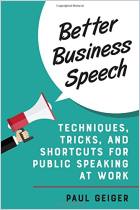
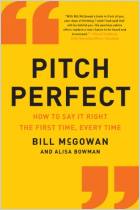











Comment on this summary